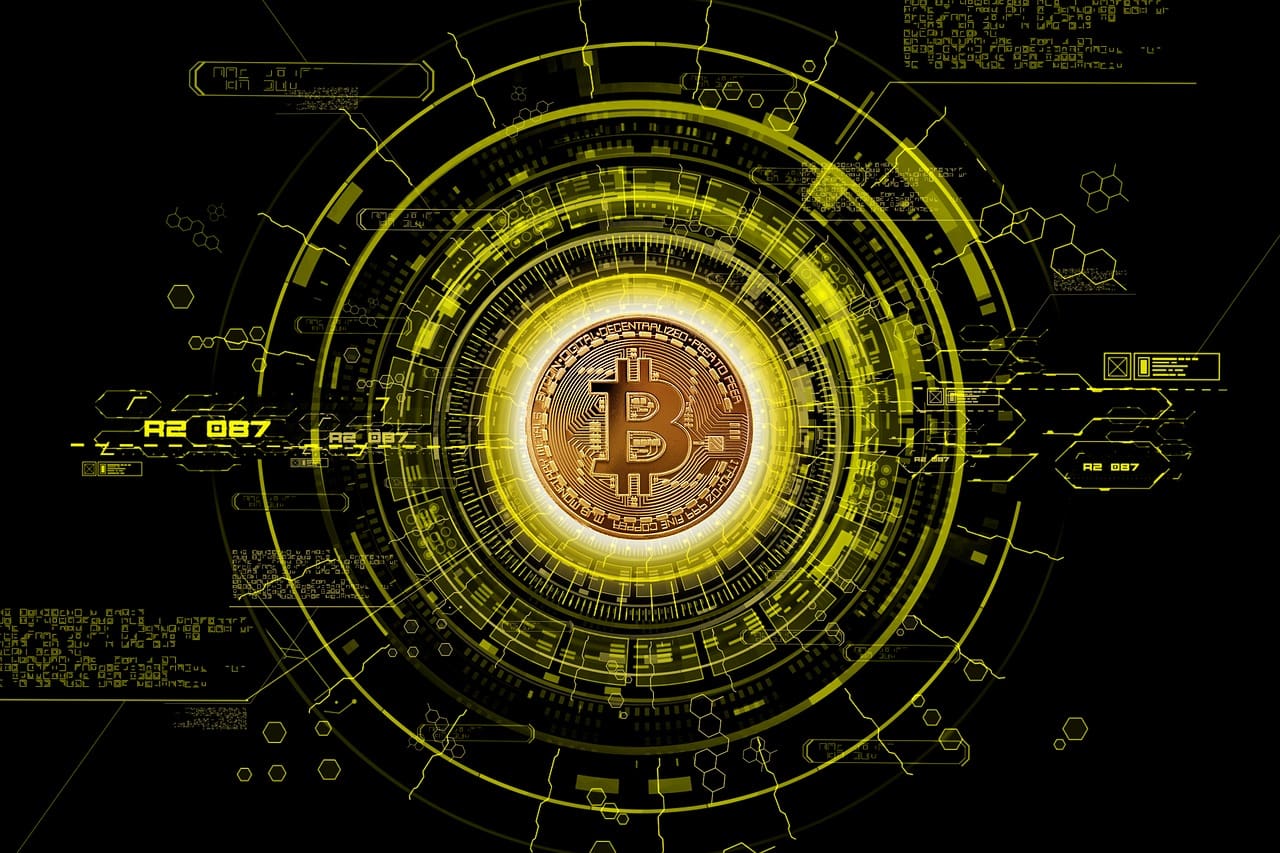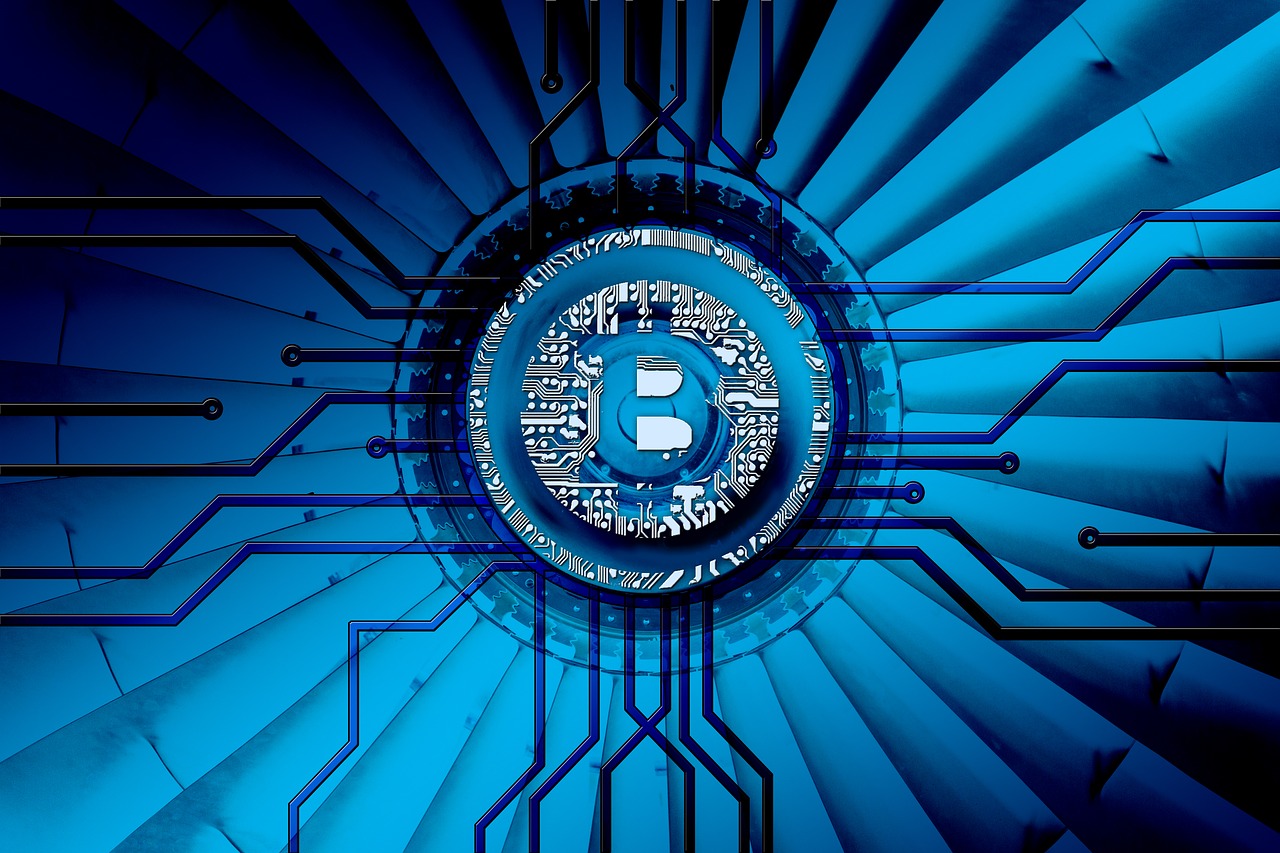
There is not even the shred of a doubt that blockchain, the digitally distributed ledger technology, has the potential to change civilization the way the internet did. Even as we eagerly anticipate the rewards of the new technology, we can’t ignore the risks involved. While we cautiously assess the risks, we must also keep an eye open for the opportunities that the technology throws open.
It is important to remember that blockchains vary in size, scope, and complexity, and all do not offer the same solution. In reality, differing blockchains may work in collaboration to create a separate financial system in private and public hands. The sheer variety of blockchain platforms, their lack of uniformity, and the technology’s decentralized structure maximize the risks.
We asked leading international blockchain consultants to share their expertise on emerging trends in the blockchain field and the risk factors and opportunities that go hand in hand with cutting-edge technological innovations. The following scenario unfolds:
Weighing the Risks Involved in Adopting Blockchain Technology
Blockchain is in the limelight not just because of its most famous offspring, the Bitcoin cryptocurrency. It has become an innovative tool and trendsetter across multiple industries and service platforms. Though its potential to transform global industry and economy is unquestioned, doubts exist regarding the risks hovering over critical operational areas like internal audit, regulatory compliance, and legal affairs.
The Legal Risk in Using Blockchain Technology
The US, among other nations, has attempted to regulate and integrate blockchain within the framework of existing laws. But in large parts of the globe, people are operating the technology in an unregulated environment.
The emergence of cryptocurrencies, an offshoot of blockchain technology, adds to the legal issues. The billion dollar question is – if someone were to lose money in blockchain how would you fix liability? How would you legally recover the loss if the underlying technology has no legal status? If the blockchain became centralized to contain risk, and transactional changes could be made, the system would lose its core characteristic – the immutability (unchangeable nature) of its database.
The Financial Risk of Transacting Blockchain Technology
In traditional banking systems, a credit risk is covered by the value of the underlying asset. If the asset is no longer available, third-party guarantees and collateral security cover the financial risk.
In the blockchain, smart contracts are evolved that are self-executing coded contracts where the settlement is finalized only if all parties fulfill their obligations. Though parties to such contracts will not lose money if conditions are not met, they still lose out on opportunities to generate future profits.
How do you compensate the opportunity loss on unfulfilled smart contracts? Clearly, a smart contract by itself is meaningless if there is no supporting legal framework that protects you against contract settlement risk.
The Risk of Losing Your Digital Key in a Blockchain System
In a blockchain environment, coded keys or digital signatures are used by traders for exchanging goods and services and by individuals while transferring cryptocurrencies. The transactions are tied to wallets or repositories where assets are securely lodged.
A hacker has two ways of taking advantage of blockchain lapses. One scenario is where the users are negligent in protecting their digital keys and the keys fall into wrong hands. The more sinister threat comes when an insider goes rogue. Private Key Management is a critical area where blockchain has to build more safeguards against internal and external threats.
The Cryptographic Risk: The Vulnerability of Blockchain Code
When you introduce a new technology, you need to conduct regular testing before, during, and after a rollout. This ensures that bugs are eliminated, loopholes are plugged, and weak codes are strengthened. To do that in blockchain (still in the nascent stages) is a task calling for a very high degree of skill and expertise – both in very short supply.
In 2016 a hacker decamped with $55 million worth of cryptocurrency by corrupting a smart contract called the DAO, taking advantage of a weak code. A repetition of this attack could devastate financial markets.
One solution appears to be to increase the sophistication of crypto coding using the power and speed of quantum computing. But even with such advances, the blockchain ecosystem has still not evolved substantially to offer a foolproof technical assurance.
How Blockchain Is Opening Windows of Opportunities Like Never Before
Technology innovators and budding entrepreneurs are more than enthusiastic about leveraging the mind-boggling opportunities that blockchain technology unravels every other day.
IPOs May Make Way for ICOs
An entrepreneur can unshackle his startup from the grip of profiteering venture capitalists by taking recourse to Initial Coin Offerings (ICOs). This is a promising crowdfunding route where company stakes can be sold for raising much-needed funds by circumventing a host of restrictive regulations.
Blockchain May Transform the Existing System of Payments, Clearing, and Settlements (PCS)
Consortiums of large banks and other financial institutions will increasingly find common ground in creating a centralized blockchain for the financial markets. This will cut costs, reduce delays, and improve efficiencies. IBM and Microsoft are already working on their blockchain networks. It’s still a big ask how a decentralized system (blockchain) can fit in with a system (PCS) which operates on a centralized module.
Tokenization Is Already Transforming Supply Chain Management
Tokenization refers to verification and labeling of authenticated data with a coded tag. Blockchain users access the tag and read the underlying information without being able to change the data. This innovation is transforming supply chain management.
Big companies, conscious of maintaining their reputation, are integrating blockchain into Supply Chain Management processes. Carrefour, the French multinational company, has integrated all their chicken farmers, meat processors, suppliers, and distributors into a blockchain network.
Users of the network, including the company personnel, can’t tamper with the data which is loaded in real-time. As a result, a consumer using a mobile app can read the label and check the farm where the chicken was raised, what it ate, and where it was slaughtered.
Smart Contracts Could Potentially Transform Banking and Insurance Services
Smart contracts are easily one of the biggest takeaways from the blockchain revolution. Parties wholly unknown to each other set terms and conditions that are codified in the blockchain. Then they leave it to the code to check if the obligations are fulfilled. Potential uses of smart contracts in the banking, insurance, and healthcare sectors are limitless.
Anti-money laundering efforts of banks received a boost with the introduction of Know Your Customer (KYC) norms. Smart contracts could easily verify the customer’s ID against a centralized database and help reduce the time wasted and costs involved in opening new bank accounts.
Insurance policies can be coded as smart contracts that release claims instantly when underlying terms are fulfilled. This will reduce policy handling hassles and reduce delays in claim settlements.
In hospitals, the entire cycle of patient care running through admission, surgery, and post-operative care would be documented in the blockchain. This would provide the framework for rolling out delay free billing and insurance claim processing. Since nobody can alter the data once it is coded, you effectively eliminate malpractices.
The Combination of AI, the Internet of Things (IoT), and Blockchain Can Redefine the Future
The twin initiatives of Artificial Intelligence (AI) and the Internet of Things (IoT) deal with physical devices. They could be robots, vehicles, home appliances, digital devices, and simple machines. Embedded sensors enable the devices to exchange information and perform routine tasks over the internet. This is done without any intervention of human beings. A system is emerging where blockchain is laying the foundational architecture for AI and IoT to perform their tasks.
A valid example of technological synergy between AI, IoT, and Blockchain was demonstrated by Fujitsu, the Japanese IT major, in 2017. Using AI and IoT, security guards working at construction sites were tagged with protective heat stress monitoring sensors. These sensors would alert the company when a harmful heat stress level was breached.
A more advanced version was being developed where an insurance policy would be coded into a blockchain. When heat stress levels cross the permissible level, the IoT signals the AI system. The AI would sense that stress levels were harmful and that the security personnel needs protection. AI communicates the data to the blockchain. The blockchain activates the smart contract and the insurance claim amount is paid to the security guard. The entire process works without human interference.
Bottom-Line: Work on Blockchain’s Negatives, Strengthen the Positives; Nurture the Opportunities
The blockchain is quite different from many other technological innovations that are largely disruptive in nature. Blockchain, on the other hand, brings a deeper foundational change. It questions many of the economic and social concepts and the political, legal, and social institutions that we have built over the decades.
We tend to forget that the internet took decades to crystallize into the revolutionary communication medium that it has become today. In much the same way, blockchain can also be expected to take time to follow its own learning curve before realizing its true potential.
We can’t adopt an overcautious approach to the nascent technology simply because of initially higher risks. We need to redouble our efforts in developing (not discarding) this technology purely because of the exciting opportunities waiting to be tapped.





